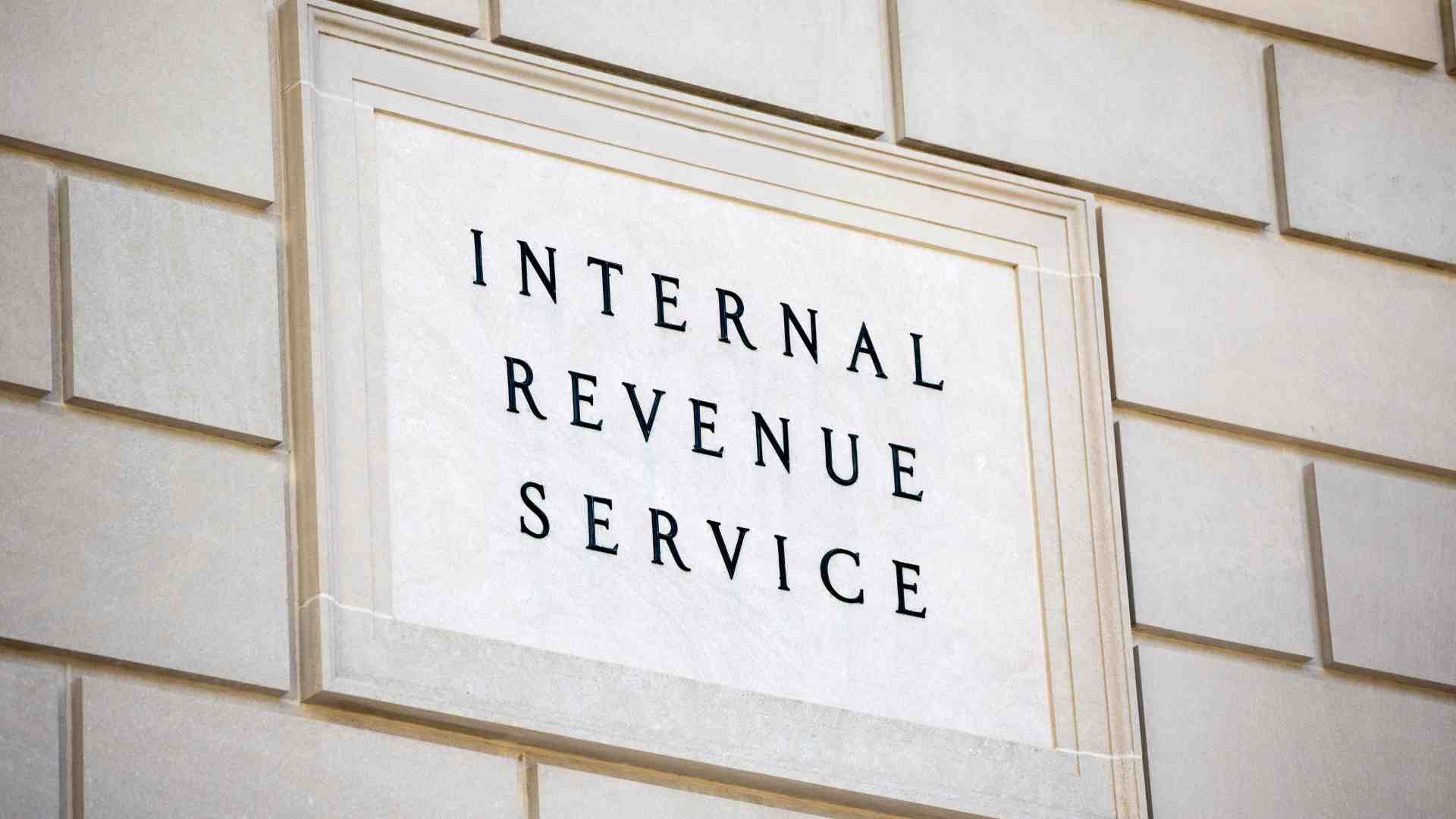Team Cardata
3 mins
Why Tech Beats Spreadsheets for Mileage Compliance
Switching from spreadsheets to cloud mileage tools boosts compliance accuracy by 34% and strengthens IRS confidence.

Speak to an Expert
Book a CallSpreadsheets have their place, but when it comes to managing vehicle reimbursement programs, they just don’t cut it anymore. HR, Finance, and Fleet leaders are seeing that firsthand. In fact, teams that moved from spreadsheets to cloud-based mileage tools reported a 34% boost in compliance accuracy.
That’s not a small lift. It’s a complete shift in how confident organizations feel about their IRS standing. Let’s break down why spreadsheets are falling behind, and how the right tech can make your life easier, and your compliance stronger.
The Problem with Spreadsheets
If you’re still using Excel or Google Sheets to track business mileage, you know the pain points: Missing data, copy-paste errors, outdated versions, and inconsistent formatting.
And when the IRS wants to see clean records that include dates, odometer readings, business purposes, and mileage totals, that kind of mess just won’t fly.
Even the most careful admin can make mistakes when manually entering hundreds of trips. Worse, relying on employees to fill out spreadsheets correctly (and on time) leaves plenty of room for error.
It’s no wonder confidence in compliance is low when processes are built on spreadsheets. Manual methods increase risk, not just of inaccuracies, but of non-compliance penalties if audited.
Why Tech Makes the Difference
Switching to a mileage tracking tools changes the game. Apps like Cardata Mobile automate every part of mileage tracking, like logging trips via GPS, tagging them as business or personal, and automating reports.
That automation isn’t just convenient. It’s accurate. And accuracy is what drives compliance. With the right software, mileage logs consistently include trip dates, destinations, business purposes, and odometer readings, all the things the IRS looks for.
It also takes the pressure off HR and Finance teams. Instead of reviewing and validating dozens of inconsistent spreadsheets, you get clean, standardized data that’s ready for review or reimbursement.
Plus, everything is stored securely in the cloud. No more lost files or outdated versions. Just one source of truth everyone can access in real time.
Programs like FAVR (Fixed and Variable Rate reimbursement) especially benefit from this kind of structure. With IRS rules requiring documentation around vehicle cost, mileage minimums, and usage patterns, the margin for error is small. Technology fills those gaps with automation and audit-ready reports.
Stronger Compliance, Less Stress
A boost in compliance accuracy creates peace of mind. Teams feel more confident in their programs because they’ve replaced uncertainty with structure.
And it’s not just about avoiding penalties. A more accurate program lets you shift from taxable stipends to tax-free reimbursements under an accountable plan. That means less tax waste for your company and higher take-home pay for your drivers.
It also makes your program easier to scale. Whether you’ve got 10 employees driving for business, or 1,000, the right tech grows with you. It keeps your mileage tracking consistent, your records clean, and your compliance locked in. Ready to move beyond spreadsheets and take control of your mileage program? Talk to our experts today and see what’s possible.
Share on:

